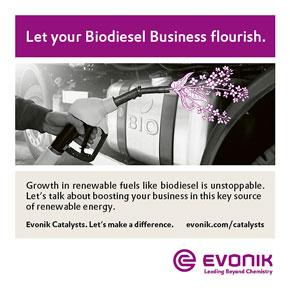Clariant reveals ‘challenges’ at new Romanian bioethanol plant
As previously reported, the sunliquid® plant began production in the second quarter of this, though it has not yet achieved the targeted yields and other operational parameters on an industrial scale.
Clariant has completed a financial assessment of the plant as part of the annual impairment testing in accordance with International Financial Reporting Standards (IFRS).
As a result of this analysis, Clariant has concluded that an impairment to the current asset value of the Podari plant is appropriate based on the delayed ramp up and the current financial performance.
Clariant said it aimed to address the operational challenges by continuously adjusting production processes with the target of achieving commercial viability of the new technology.
“Our sunliquid® technology, which converts agricultural waste into second generation bioethanol, represents a significant step in the development of sustainable renewable fuel. The industrialisation of our new technology remains challenging, and, therefore, impacts underlying financial assumptions, giving rise to the impairment announced today. Nonetheless, we will continue our efforts to achieve commercial viability of the technology,” said Conrad Keijzer, CEO of Clariant.
“While we are disappointed by this impairment, we are, however, pleased with our strong group financial performance in the first three quarters of this year. Consequently, we confirm our 2025 financial targets and continue to focus on the execution of our leading purpose-driven sustainability strategy.”
This impairment has no impact on cash, will be booked in December and will, therefore, be reflected in the full year 2022 results, due to be announced on 2 March.
Construction of the sunliquid® plant was completed in October 2021 and it began production in the second quarter of 2022.
The cellulosic ethanol produced at this plant can be applied as a drop-in solution for fuel blending, but also offers further downstream application opportunities for sustainable aviation fuel and bio-based chemicals.












